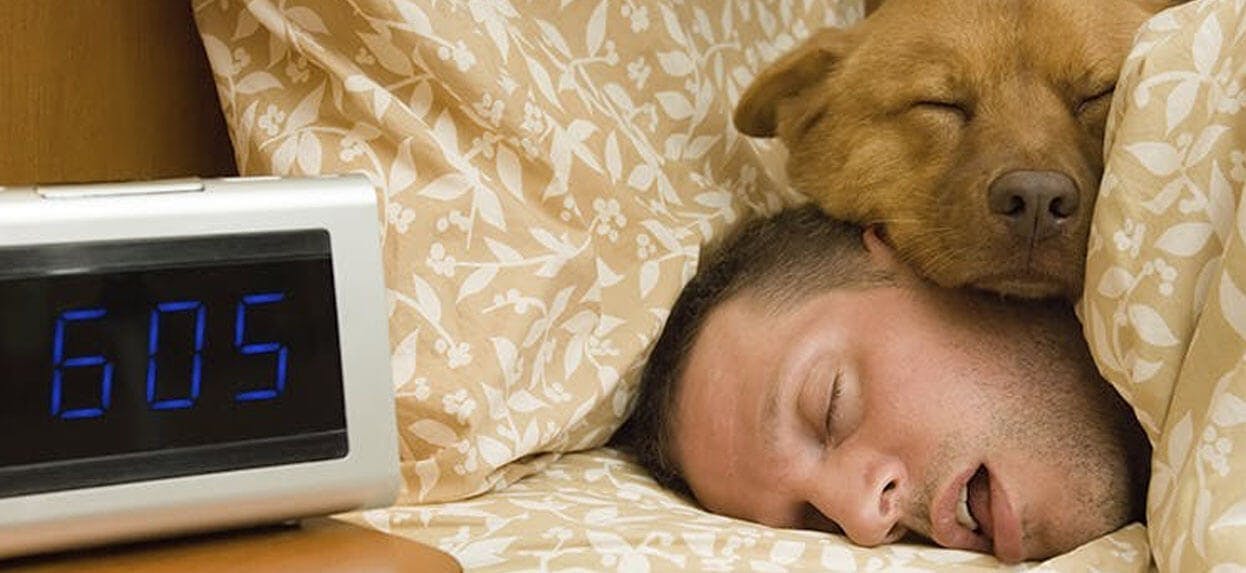
ALLERGY
TIPS
THE FATIGUE FACTOR: DO ALLERGIES MAKE YOU TIRED?

Allergies can cause a number of unpleasant symptoms - from congestion to itchy, watery eyes. But can allergies make you tired? Fact is, yes they can. Struggling with allergies can disturb your sleep and lead to daytime fatigue—which is not something to be taken lightly. Tiredness can lead to irritability, decreased productivity, depression, and memory problems.
The good thing is, there are steps you can take to prevent allergy related fatigue. So, instead of asking “do allergies make you tired?”, ask “what can I do to get a better night’s sleep?”. Read on for tips to sleep more soundly.
HOW CAN ALLERGIES MAKE YOU TIRED?
Allergies are caused by your immune system responding to airborne allergens by releasing chemicals that create inflammation in your nose. As a result, you might experience nasal congestion, sneezing, and an itchy, runny nose. All of these irritating allergy symptoms narrow airways, making it difficult to breathe, especially when you’re lying down. These allergy symptoms can make for difficult night’s sleep.
While many people suffer from seasonal allergies (caused by outdoor allergens like pollen), many Canadians experience year-round symptoms. The culprit: common indoor allergens—such as dust mites, pet dander, and mould—all of which can be found in the bedroom. Fortunately, there are actions you can take to minimize your exposure to these allergens so you can enjoy a better night’s sleep year-round.
TIPS FOR SLEEPING BETTER WITH ALLERGIES
If you’re tired of your allergies getting in the way of a good night’s sleep, these tips can help.
Find the culprit
The first step to sleeping better with allergies is to know what you’re allergic to, so you can minimize your exposure to those allergens as much as possible. You can find out which allergens are affecting you by consulting an allergist.
Keep a clean bedroom
Minimizing exposure to allergens might mean cleaning your bedroom a certain way. You can minimize dust by cleaning from the top down, dusting before vacuuming, and replacing the filters in your HVAC system or furnace and air conditioners with filters that have a MERV rating of at least 11-12 (Medium-efficiency filters).
Follow the forecast
Keep an eye on your local allergy forecast so you can better prepare for outdoor allergens.
Sleep with Nasal Strips
Come nighttime, you might also consider supplementing your allergy medicine with Breathe Right nasal strips to help open your nasal passages while you sleep.
Allergy symptoms can make you tired, but they don’t have to. The key is to properly treat your allergy symptoms and reduce allergens in the bedroom. This will help you sleep better so you can do what you need to do during the day.
